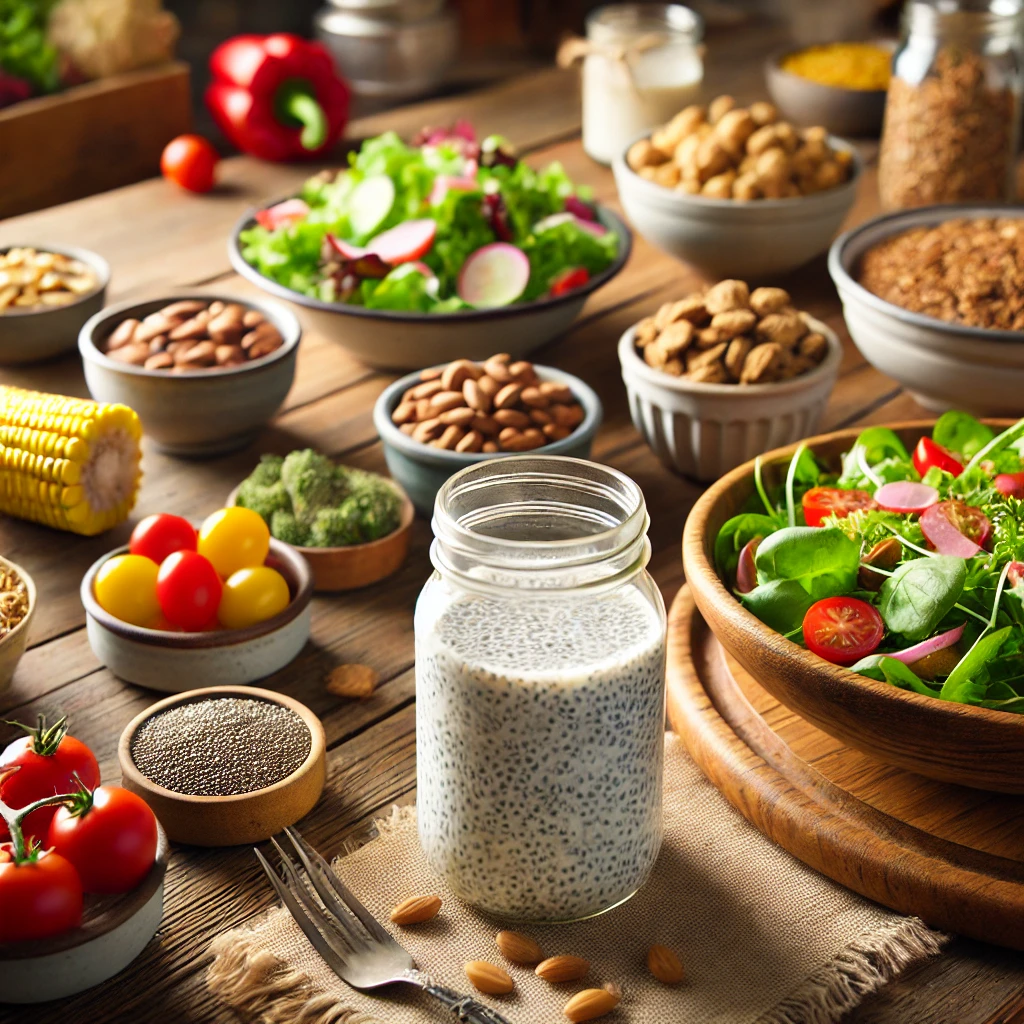You just turned 45 and your primary care physician has discussed colonoscopy with you. As you prepare yourself for a colonoscopy, it is important for us to understand why we need a colonoscopy. Are there any other alternatives and how to prepare so that the quality of examination is as good as it can be?
The purpose of colonoscopy is to screen for colorectal cancer/colorectal polyps. Unlike cancers of various other parts of the human body, e.g., lungs, pancreas, breast, uterine cancer, colon cancer rises in the background of colon polyps. Colon polyps are small growths that can happen in any part of the colon, and as time goes by, it grows in size and as it grows, the risk of it having cancerous changes increases. There are various factors which can predispose one to have colon polyps, including dietary factors, family history, and environmental factors.
Colonoscopy is not the only way to screen for colorectal cancer, there are various other modalities including stool testing, barium enema or any virtual colonoscopy. The sensitivity and specificity of these tests are varied for detection of colorectal cancer and colon polyps.
I will write more about screening modalities in future blog articles but today, I presume that you have decided with the help of your primary care physician or your gastroenterologist that colonoscopy is an appropriate test for you. These are the easy steps that you could take to ensure that your gastroenterologist has a good view of the inside of it: and the surface of the colon is not obscured by food residue.
As a gastroenterologist, I notice individuals who have been on pain medications, have severe diverticulosis, have a history of chronic constipation or those who consume large amount of green leafy vegetables/seeds and high-fiber diet tend to have quality of prep which sometimes doesn’t allow us to give you a 10 year interval between colonoscopies. If there are areas of the colon, which have not been visualized adequately, your gastroenterologist may recommend another colonoscopy shortly after or give you a much shorter interval. If you have any of these conditions, please discuss with your gastroenterologist to see which prep would be the best for you.
If you tend to have regular bowel movements, here is the list of foods that you should limit or avoid for 2 to 3 days prior to the colonoscopy prep.
- Large amount of green leafy salads
- Corn. Cornbread is fine, but corn kernel stays in the colon a bit longer.
- Quinoa: I see that quite often in the colon.
- Chia Seeds: They tend to travel in clumps.
- Nuts: They are not digestible unless they are well chewed or made into butter.
- Red- or purple-colored foods. Due to reddish tinge, it is hard to distinguish between blood and these foods. Some of the food colors tend to pass through unchanged through the small bowel.
- Fruit and vegetables with edible skin, for example tomatoes and potatoes.
- Large amounts of gelatin-based snacks. Sometimes, they remain gelatinous in the right side of the colon and it’s hard to flush them out.
Our scope has a section channel with an internal diameter of about 3.7 mm. Any food particles. And that cannot be suctioned out and will obscure the view.
As you come to the day of colonoscopy, make a note in your calendar to remind you not to eat these food groups for 1-2 days prior to the test. If you have trouble with constipation, please discuss this with your provider so that you can choose a prep which works for your situation.
Hope you have a pleasant time preparing for this and please feel free to email me suggestions about future topics at newsletter@pswaroopmd.com.
Sign up for my biweekly newsletter :

